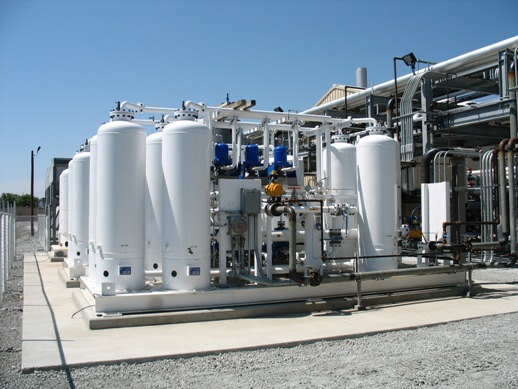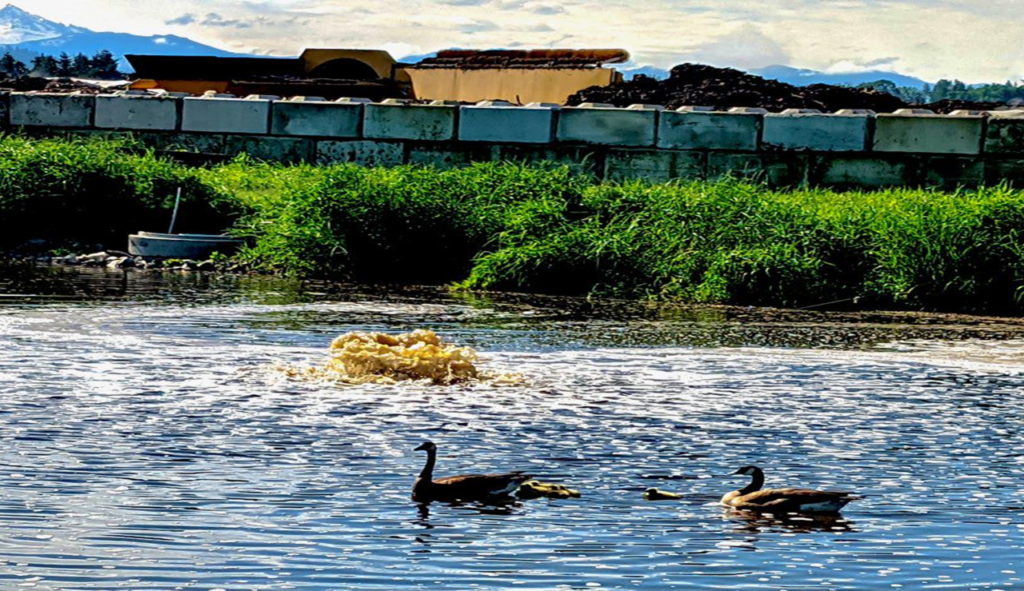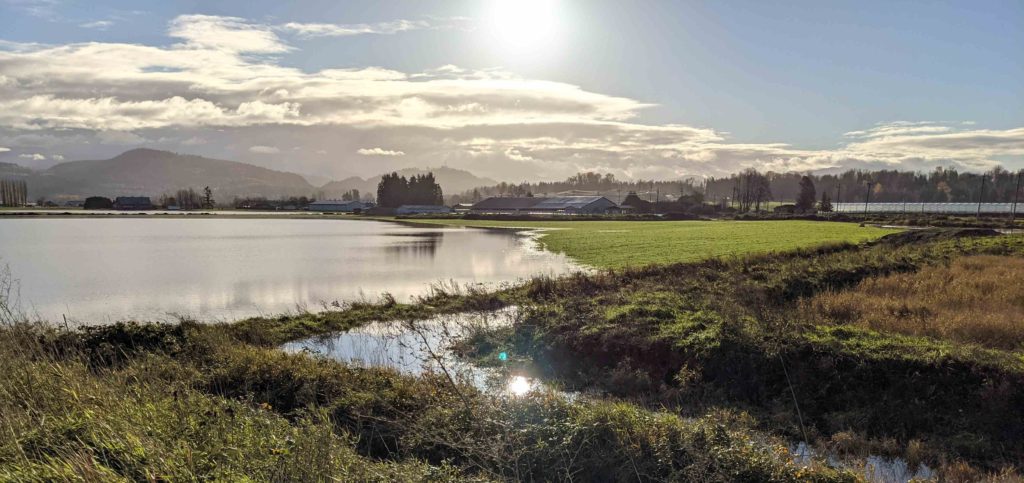
Renewable Natural Gas (RNG), or biomethane as it is known outside of North America, is methane captured by the anaerobic decomposition food waste, animal manure, wastewater processing, municipal solids waste, and other organics. The gas can be captured and cleaned in order to be interchangeable with conventional fossil-derived natural gas. This allows the billions of dollars of natural gas infrastructure already deployed around the world to be used to distribute a renewable, low carbon fuel.

There are now more than one thousand RNG facilities worldwide and the market continues to grow quickly. RNG generally requires incentives to compete with conventional natural gas and there are a wide range of national and state/provincial level programs in place to support RNG as a vehicle fuel or to decarbonize the gas grid in general.

Countries such as Denmark and Sweden currently use RNG for more than 10% of their gas use, while the USA has focused on displacing natural gas in CNG vehicles and now has more than 2/3 of CNG vehicles in the country use RNG.

RNG derived from food waste and agricultural byproducts also creates a secondary benefit, by capturing and concentrating nutrients via the anaerobic digestion (AD) process used to create RNG. The byproduct, called digestate, can be applied at the agronomic levels required for crops, in order to displace conventional fertilizers that are carbon intensive to create and transport to farms.

About Sean
Sean Mezei is Founder and President of Dekany Consulting and has helped develop, design, finance or optimize over a hundred biogas or landfill gas to renewable natural gas projects in the last 25 years, with previous positions as Chief Operating Officer of EverGen and President of Greenlane Biogas’s North American businesses. Sean holds a bachelor’s degree in Chemical Engineering from the University of British Columbia and a Masters of Business Administration from Simon Fraser University.

